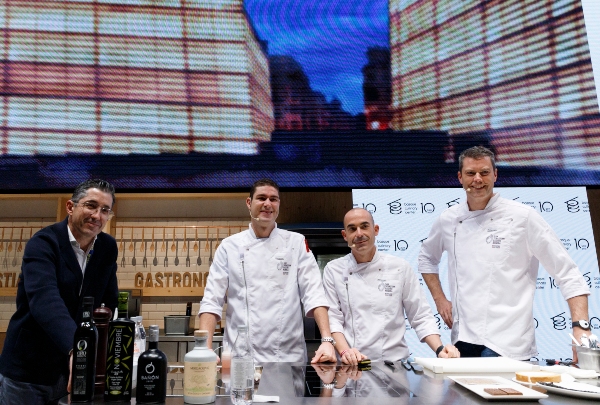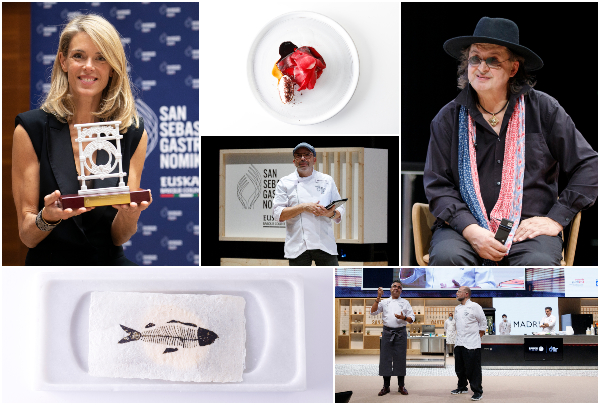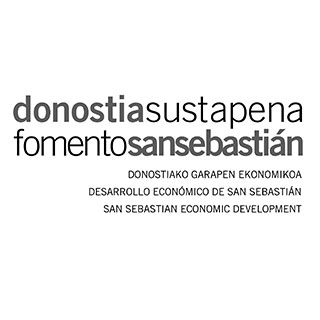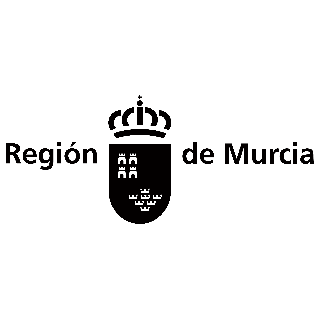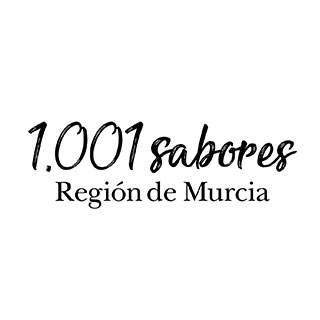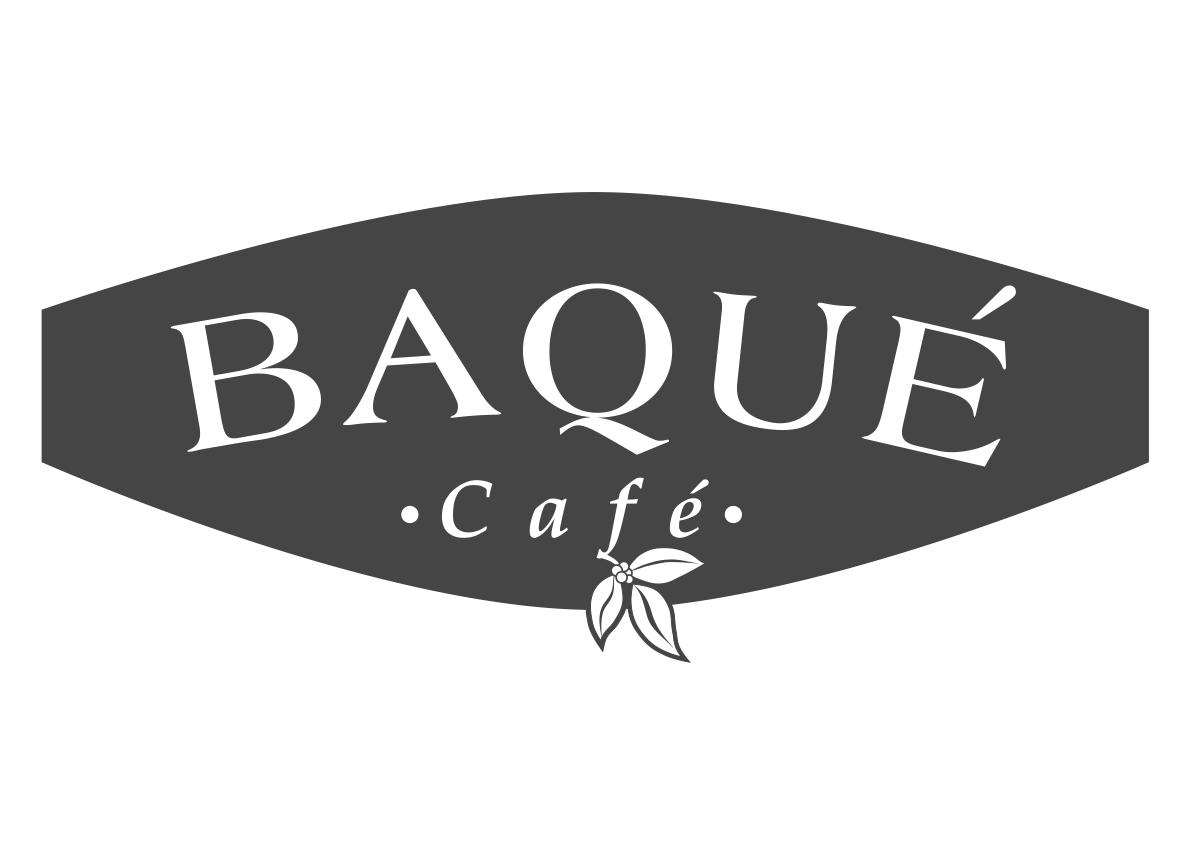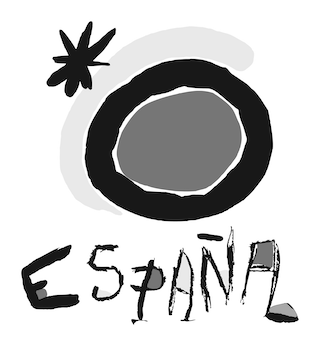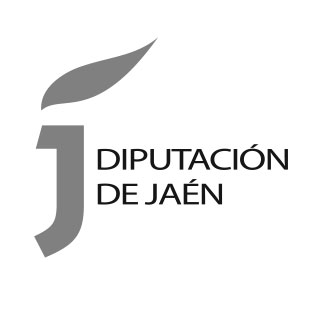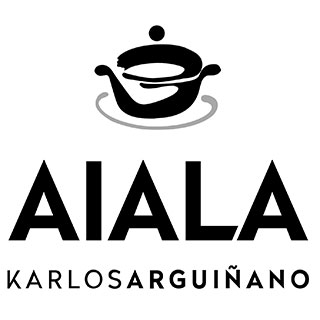News
Selassie Atadika: “Africa has a lot it can teach other cuisines around the world”
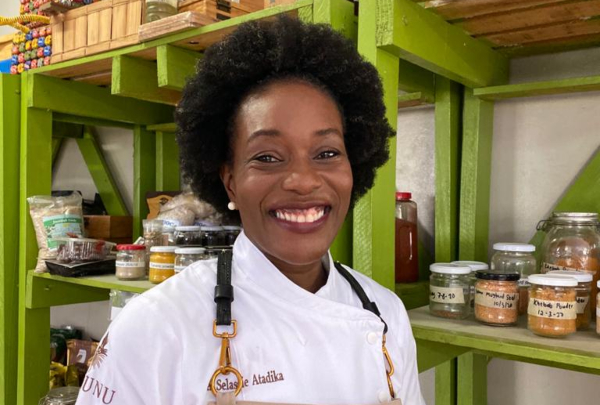
In a presentation that mixed environmental commitment with social economies and the value of an age-old gastronomic culture with an eye to the future, Selassie Atadika opened the doors of Africa to San Sebastian Gastronomika - Euskadi Basque Country.
The journey through Black Cuisines Matter at this 2020 congress began with a presentation by one of the chefs who is revolutionising African cuisine, Selassie Atadika from Ghana. This woman, who has strong social convictions, is carrying out a paradigm shift from her restaurant in Acra (Midunu) that includes reviving Africa's culinary heritage and the need to find new pathways for the continent's food economies. She also aims to do this through sustainability and being environmentally friendly. Ladies and gentlemen, we give you African Nouvelle Cuisine.
Lessons from Africa
“Our diet basically consists of vegetables, legumes, cereals, fruits... Very little animal protein (...). Moreover, the traditional cereals we have (sorghum, millet, etc.) need very little water to grow”. This is the first lesson in sustainability in African cuisine.
Atadika stressed the benefits of the African diet, and the benefits it brings to a world in the midst of climate change. “We waste the least: in Africa we eat the leaves of the cassava or sweet potato plants, the skin of many vegetables and we even eat cow skin”. The search for zero impact, which is now so fashionable in many kitchens in the so-called developed world. Or the use of wild products as something commonplace in the kitchens of a number of African countries, countries which, despite their differences, in many cases share the same ingredients and the same approach to the act of eating.
“In Africa, everything on the table is shared. No matter how little food there is, it is put in the centre of the table for everyone”. And we continue to learn, about social commitment, human interaction and the spread of culinary culture.
The cuisine that Selassie Atadika presented to us is a traditional cooking concept, because “we need to learn from the past”, even more so in a continent that is currently under great pressure to make the definitive leap into the globalised world. “We are losing our origins”, Selassie cautioned. The chef warned that this process is not only affecting the culinary culture but is also having a strong impact on the continent's local economies, which have already been damaged by the colonialist legacy. “In Ghana, only 18% of what is sold is local produce. We import our food”. These are the effects of a colonial economy focused on single crops - coffee, cocoa - which is now having an impact on local agriculture.
“What we eat, the choices we make, have an impact. We need to be aware of this and make ethical decisions”. That is Atadika's appeal to everyone and her own line of work, helping with her cooking to revive the consumption of old grains and local products that are environmentally friendly.
And from theory to practice. The Ghanaian chef showed us two traditional dishes: a main course and a dessert. The first dish was a combination of tomato sauce - “a very basic ingredient in West Africa”- with vegetables and millet. The sauce was based on and made with onion, curry, ginger, green pepper, cayenne...; the vegetables were crushed jute leaves; and millet was the main ingredient, fermented and then boiled.
A dessert rounded off Atadika's presentation. A pastry, similar to puff pastry, filled with a dough of ground tiger nuts and water from smoked palm leaves.
Our appetite for Africa is assured.
.jpg)

.jpg)
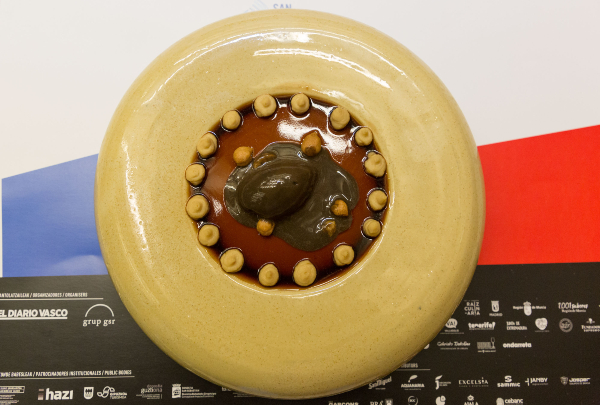
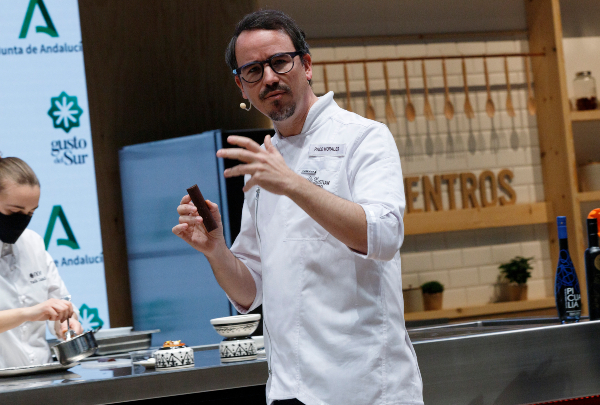

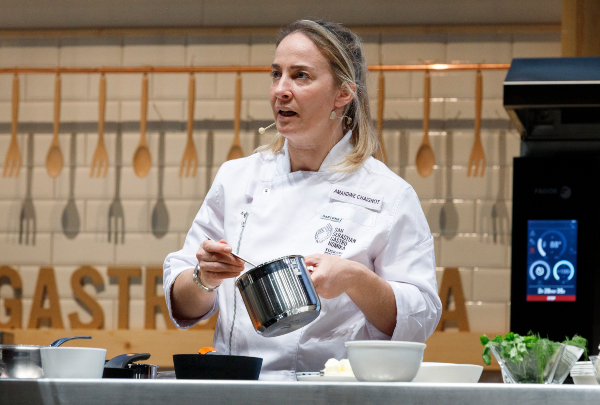
.jpg)
